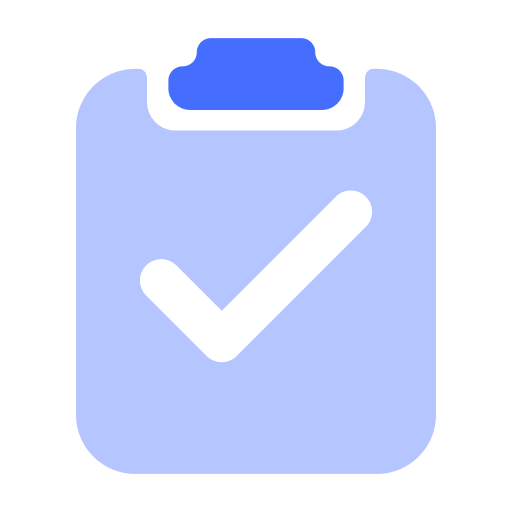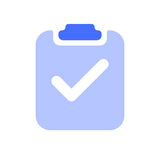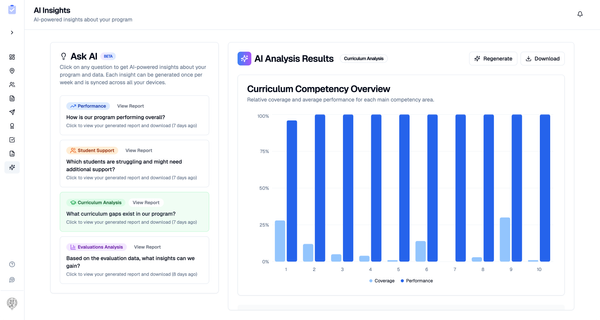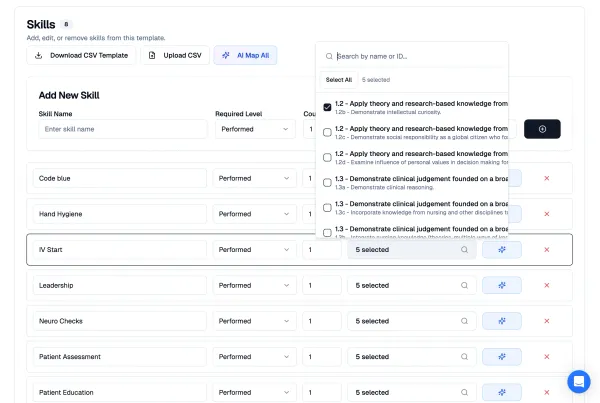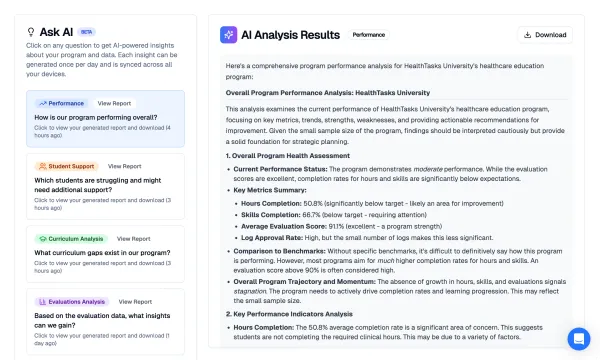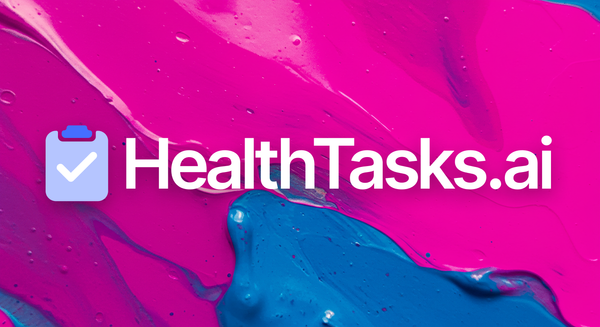8 Strategies to Boost Your Nursing Productivity

Nursing can be a demanding and challenging profession, requiring long hours and high levels of physical and mental energy. As a nurse, your productivity is essential for providing quality care to your patients while maintaining your own well-being. Fortunately, there are many strategies you can use to increase your productivity and improve your nursing practice.
Here are some tips for how to increase productivity as a nurse:
1. Prioritize Your Tasks
One of the most important steps in increasing productivity is prioritizing your tasks. Start by making a to-do list at the beginning of each shift, and identify the most important and time-sensitive tasks that need to be completed. This will help you stay focused and avoid getting overwhelmed with a long list of tasks.
When prioritizing your tasks, consider factors such as urgency, importance, and potential impact on patient care. For example, if you have a patient with a critical condition, make sure to prioritize their care over less urgent tasks.
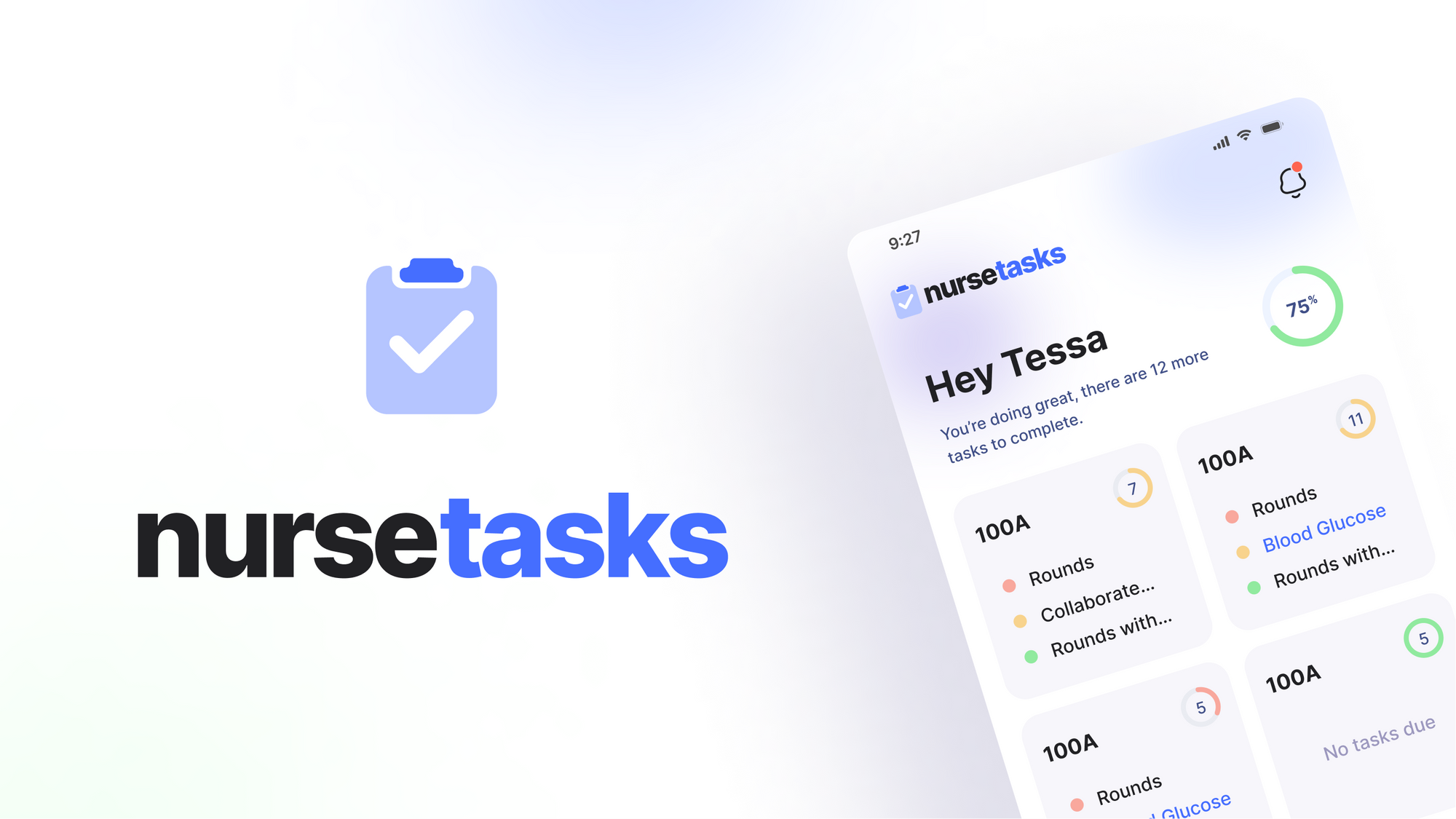
2. Avoid Multitasking
While multitasking may seem like an effective way to get more done, it can actually decrease your productivity. Switching between tasks can be mentally taxing and can lead to errors and oversights. Instead, focus on completing one task at a time, and give it your full attention until it is completed.
When you’re working on a task, try to minimize distractions and interruptions. By giving each task your full attention, you’ll be able to complete it more efficiently and accurately.
3. Take Breaks
Taking regular breaks throughout your shift can help increase your productivity by giving your brain a chance to rest and recharge. Even just a few minutes of downtime can help improve your concentration and focus when you return to work.
When taking a break, try to step away from your work area and do something that helps you relax and recharge. This could be as simple as taking a short walk, stretching, or listening to music. By taking breaks throughout the day, you’ll be able to maintain your energy levels and avoid burnout.

4. Stay Organized
Staying organized is key to increasing productivity as a nurse. Keep your work area tidy and use organizational tools such as calendars, checklists, and digital tools to help you stay on top of your tasks and deadlines.
Consider using a digital task management tool or a nursing to-do list app like NurseTasks to help you stay organized and track your progress throughout the day. These tools can help you prioritize your tasks, set reminders, and collaborate with your team.
5. Utilize Technology
Technology can be a powerful tool in increasing productivity for nurses. Take advantage of electronic health records, medication tracking systems, and other digital tools to help you work more efficiently and accurately.
For example, electronic health records can help you access patient information more quickly and easily, while medication tracking systems can help you ensure that patients receive the right medication at the right time. By utilizing technology in your nursing practice, you can streamline your workflow and reduce the risk of errors.
6. Stay Hydrated and Nourished
Staying hydrated and nourished is important for maintaining your energy levels and mental clarity throughout your shift. Make sure to drink plenty of water and eat nutritious snacks and meals to keep your body and mind fueled for optimal productivity.
Consider packing healthy snacks and meals to bring to work, and make sure to take breaks to eat and drink throughout the day. By staying hydrated and nourished, you’ll be able to maintain your focus and energy levels throughout your shift.
7. Collaborate with Your Team
Collaboration with your colleagues can help increase your productivity by allowing you to share the workload and work more efficiently. Communicate with your team to ensure that everyone is on the same page, avoid duplication of effort, and ensure that tasks are completed in a timely manner.
Consider delegating tasks to other team members who have the necessary skills and experience. This can help free up your time to focus on more complex or time-sensitive tasks.
In addition, don’t be afraid to ask for help or support when you need it. Your colleagues can provide valuable insights and assistance that can help you work more efficiently and effectively.
8. Practice Self-Care
Finally, practicing self-care is essential for increasing productivity as a nurse. Make sure to prioritize your own well-being by getting enough sleep, exercise, and relaxation time.
Avoid overworking yourself and pushing yourself too hard, as this can lead to burnout and decreased productivity in the long run. Make time for activities that help you relax and recharge, such as meditation, yoga, or spending time with loved ones.
By prioritizing your own well-being, you’ll be able to maintain your energy levels and focus throughout your shift, and provide the best possible care to your patients. Here’s an article on 10 ways to reduce stress as a nurse.

By implementing these strategies, you’ll be able to provide the best possible care to your patients and enjoy a more fulfilling and productive nursing practice.
